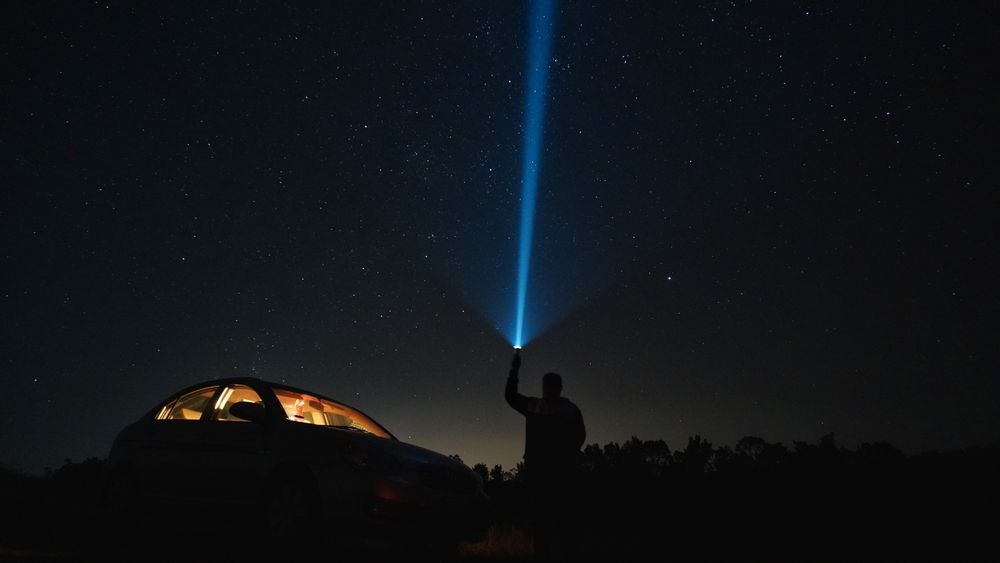The pursuit of life-changing pedagogy

I share Dr. Neil deGrasse Tyson’s lament over the fact that of all the teachers one has had in life, only two or three have made a singular impact and changed them in fundamentally important ways. For him that number was three and, I was afraid, for me it might be zero. But that changed during the fall of 2020.
Going from hearing a Binary Black Hole merger, detected by the Laser Interferometer Gravitational-wave Observatory (LIGO), to seeing the first image of a Black Hole, captured by the Event Horizon Telescope (EHT) collaboration, felt so palpable. I realized experimental research was what I wanted to do. Watching an idea go from theory to absolute reality was ecstatic - oh, what must it feel like to help do this for other theories!
I knew how to program in C but did not know how to do anything with it. Nobody told me what the f in ‘printf’ was or why ‘char *’ was used for strings. The fall of 2020, I discovered CS50, a Computer Science course taught by Prof. David J. Malan at Harvard. Attending the very first lecture live, alongside Harvard students, I knew this was the most gratifying experience I have had as a student. For the first time, I looked forward to homework. I found it beautiful that to make arrays of a dynamic size you have random blocks of data pointing at the next block - Linked Lists. And to gain back binary search abilities you make each block point at two other blocks - Binary Trees.
CS50 did not teach me how to program in any particular language, instead it taught me how to learn any language I needed to manifest any idea I conceived. Not having experienced such pedagogy in India, at the end of the last lecture, unbeknownst to me, I shed a tear yearning for more. I got a perfect score while completing it at the same pace as Harvard students. I went on to create quite a few open-source projects of my own, while learning new concepts and picking up new tools along the way. Prof. Malan had changed my life. Coming back to the lament, that number for me increased by one.
For my Bachelor’s capstone project, I led a team in researching an Active Stylus that used Inertial Measurement Units (IMUs) to track its position in 3D space, with respect to the screen. One night in a quiet library, when one of our Kalman Filter models finally worked, we startled everyone by jumping in excitement - it was an euphoric moment indeed!
The pursuit of life-changing pedagogy and the scientific method is what led me to the Computer Engineering (M.S.) program at New York University. Having gained in-depth knowledge of Computer Science after completing this program, I see myself working on state-of-the-art research at the NYU’s Center for Cosmology and Particle Physics to help understand the universe better. I envision teaching in some capacity at the university, providing a life-changing pedagogical experience like the one I received from Prof. Malan. I would strive to communicate science, via outreach programs, to reignite curiosity among people, the same way Dr. Tyson does.
These experiences will serve as a stepping stone, preparing me for the doctoral degree I aspire to pursue. Networking with a lot of researchers I will have found a research area I want to explore in Computational Cosmology under a suitable advisor. I believe I will have, at least, started my doctoral degree in these five years.
Living in New York will be a dream come true and I plan on living that to its fullest extent by meeting as many people as possible and getting to know their stories. I also hope to travel, go on many treks and capture beautiful photographs to remember for a lifetime.